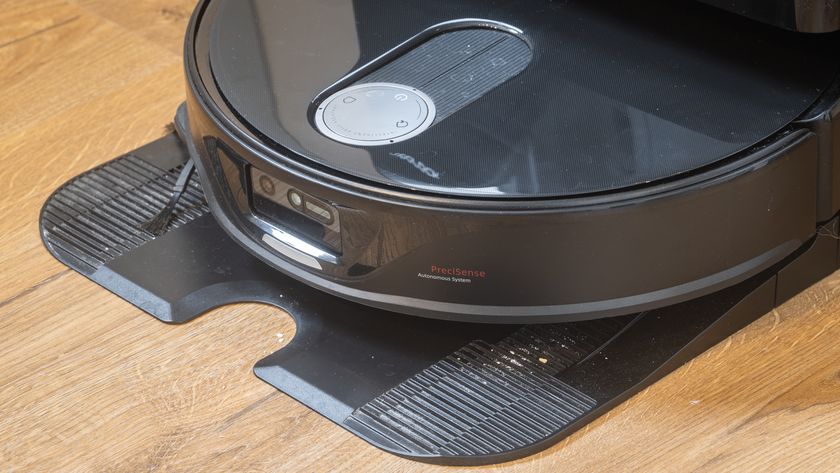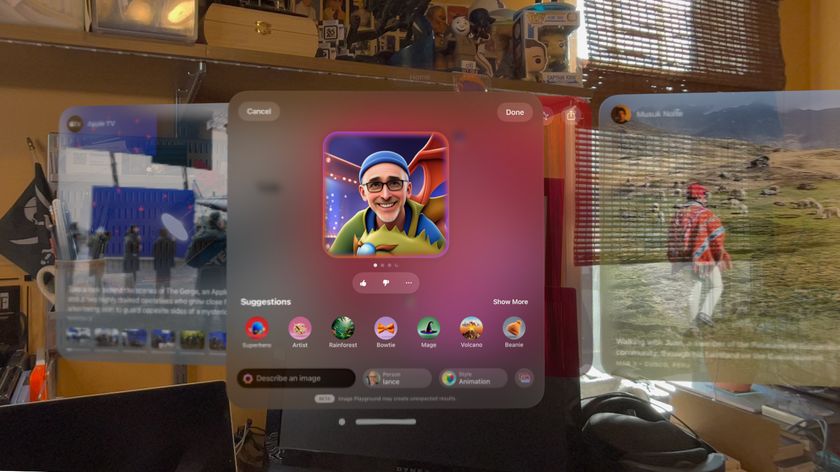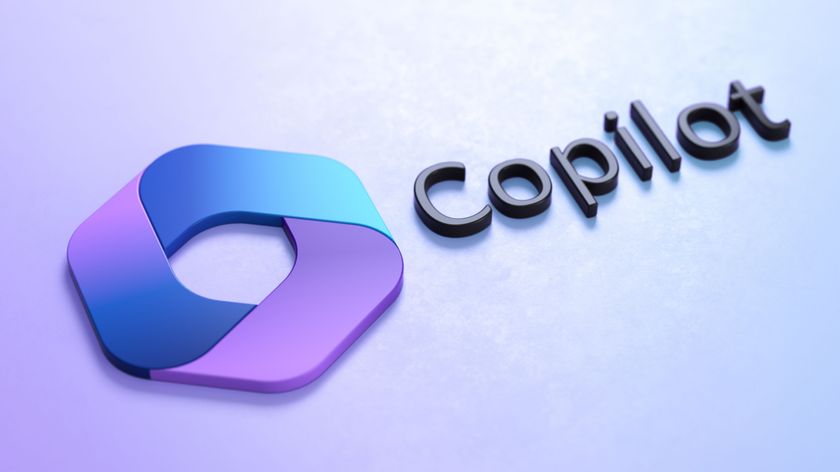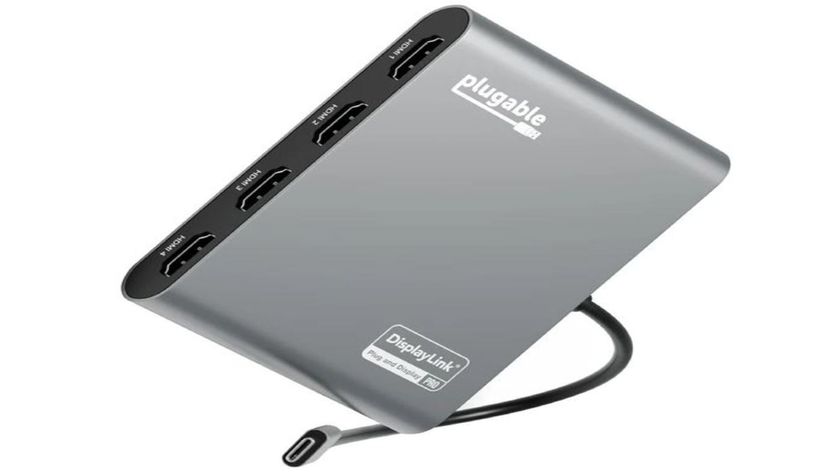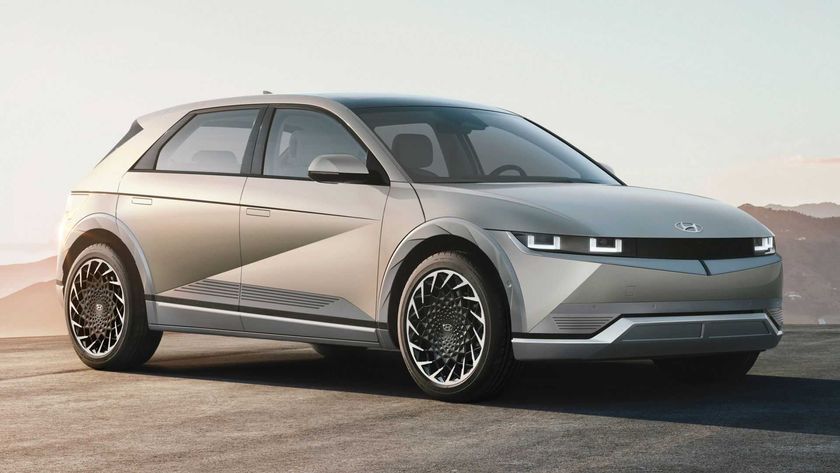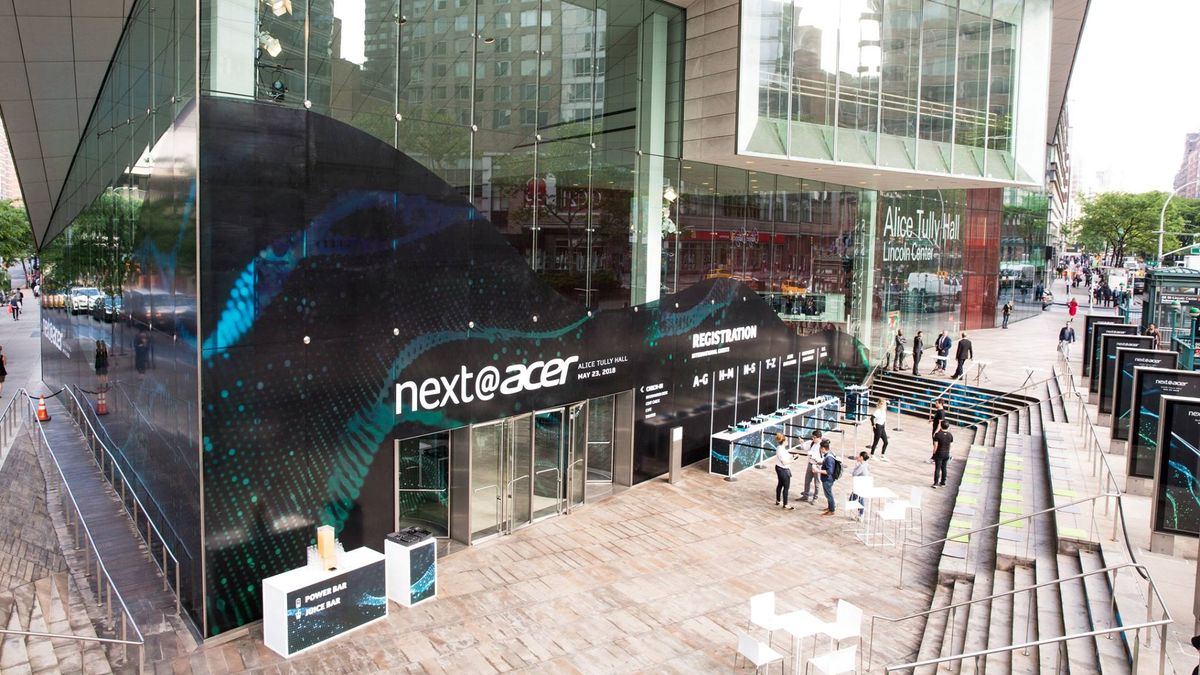
Acer’s growth in the gaming market is hard to ignore. The manufacturer has been hard at work with its Predator lineup of gaming laptops and PCs, and shows no sign of slowing down. With a slew of new laptops, desktops, and even gaming accessories on the horizon, there’s plenty to look forward to in the coming months.
EMEA President Emmanuel Fromont echoes this desire for rapid growth, and spoke to us about the company’s future plans for VR and AI, as well as how the Middle East gaming market is evolving.
How has the Predator lineup shifted the company’s focus into gaming?
Gaming is a huge new focus for us, and it’s always exciting to see the progress in gaming. We’re continuing to push new things, but at the same time the results speak for themselves both in terms of sales and market share. It’s also exciting for our partners, whether it’s Intel or Nvidia or AMD, because they also want to put their latest and greatest into gaming.
I think it’s a space that three or four years ago no one was expecting Acer to step into, so we’ve really spent time within gaming and to build our Predator brand into a powerhouse brand. We’re also going to start moving into gaming accessories, and really create a Predator ecosystem with products, e-sports events, and similar things.
A lot of our marketing spend now goes into the Predator brand, because we see it having a positive effect on the Acer brand as a whole. People have really warmed up to us because of it, and it’s a segment that we can announce continued growth year on year.

Emmanuel Fromont, President, Acer EMEA
Do you think that the Middle East gaming market is somewhat ignored when it comes to hosting e-sports, game servers, and generally making an impression on the worldwide gaming scene?
Get daily insight, inspiration and deals in your inbox
Sign up for breaking news, reviews, opinion, top tech deals, and more.
The truth is that gaming is an aligned phenomenon – no matter where in the world gaming events are being held, you’ll always have an international audience tuned in to see everything unfold. I think you’re right when it comes to physical events, that Middle East isn’t very high on the map.
It all starts with the right partnerships, especially for events, to bring sponsors and people together. By contrast, look at the VR Park in Dubai – it’s the world’s largest VR park with the most advanced StarVR technology. So it’s just a matter of time before say a local ISP or vendor decides to team up and organize something.
How has VR been integrating into Acer’s portfolio?
Our first big step has been listing StarVR as an independent company. If it just stays as a small part of our business it’s not going to grow as much as we’d like it to, so it’s important we get this done first. We’ve also been working on headsets that we announced last year with Microsoft, and it took a while for the market to warm up to them. These headsets are more consumer-driven, but we’re still waiting to see how long it takes for VR to become more attractive to people.
How has your relationships with Intel and AMD changed thanks to the Predator brand?
I think the relationship was always strong to begin with, but it’s certainly evolved over the past few years. We were always seen as a volume seller, but once we made the shift to something more innovative, there was a bit of skepticism. Now things are very different – we’re fast when it comes to decision making for the latest components and features, and people recognize the progress of our brand and our focus.
We know some of your laptops will bundle with Alexa, but are there plans to expand outside of that into a range of smart devices?
We’re always looking at new opportunities – our R&D lab is always on top of things. But it comes down to the ability to truly build an ecosystem, so our feeling is that the end-user will decide what products they want to interact with. IoT is a bit different – if you look at AI, Acer isn’t going to be looking at self-driving cars or competing with Alexa. We’re more comfortable with niche opportunities where we can really apply AI to come up with more unique solutions.
One example is with digital displays, where we’re looking at more intelligent ways to track content being delivered. How many people have passed by? How many have looked at the screen? These are just examples of where AI will take charge of things. We’re not going to have servers sitting back and trying to crack data for us – this isn’t us. But where we can apply AI to certain solutions, we will continue to do so.
Chromebooks are a strong arm of your product portfolio with CEO Jason Chen revealing that you’ve got over ten million sold – what’s changing or improving in this space for Acer?
It’s difficult to predict just yet, but Chromebooks initially were valued because of their price points. When netbooks came and went, that space in the market was left to be filled, so we decided to do an 11-inch basic device that could fill that gap. But over time it evolved into a full-blown product line, with powerful processors and aluminum design that really makes it stand out.
We have all sorts of designs now as well that cater to different needs, and there’s still so many other places that are left to conquer. We’re strong in the US and in the UK, but there are other countries that we’ve barely scratched the surface. I think we’re going to continue seeing growth in the education sector for sure, and this will start pulling in other sectors as well.
You mentioned the Predator X with Intel Xeon processors, which is a first for any consumer-level PC. What prompted Acer to do this?
It’s all about pushing boundaries. We see more and more people buying the top of the line PCs not just to play games but also to do image and video editing, and other heavy duty tasks. So we know there are people out there who need power not just for gaming, but also for other tasks like perhaps VR design. It’s certainly a niche within gaming, but again it’s all about pushing boundaries and showing that we can be innovative with our products.
A former IT & Marketing Manager turned full time Editor, Nick enjoys reviewing PC components, 3D Printers, projectors, and anything shiny and expensive. He can also be found baking up a storm in the kitchen, which we are more than happy to encourage.

